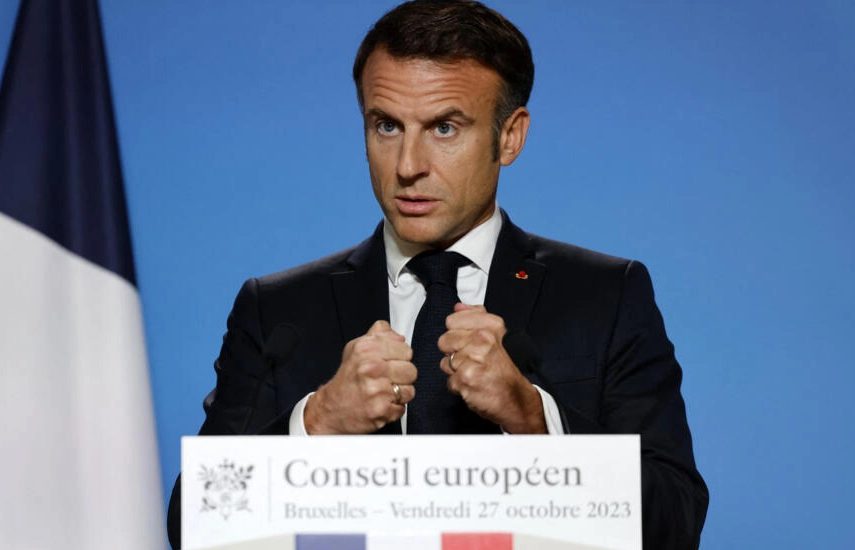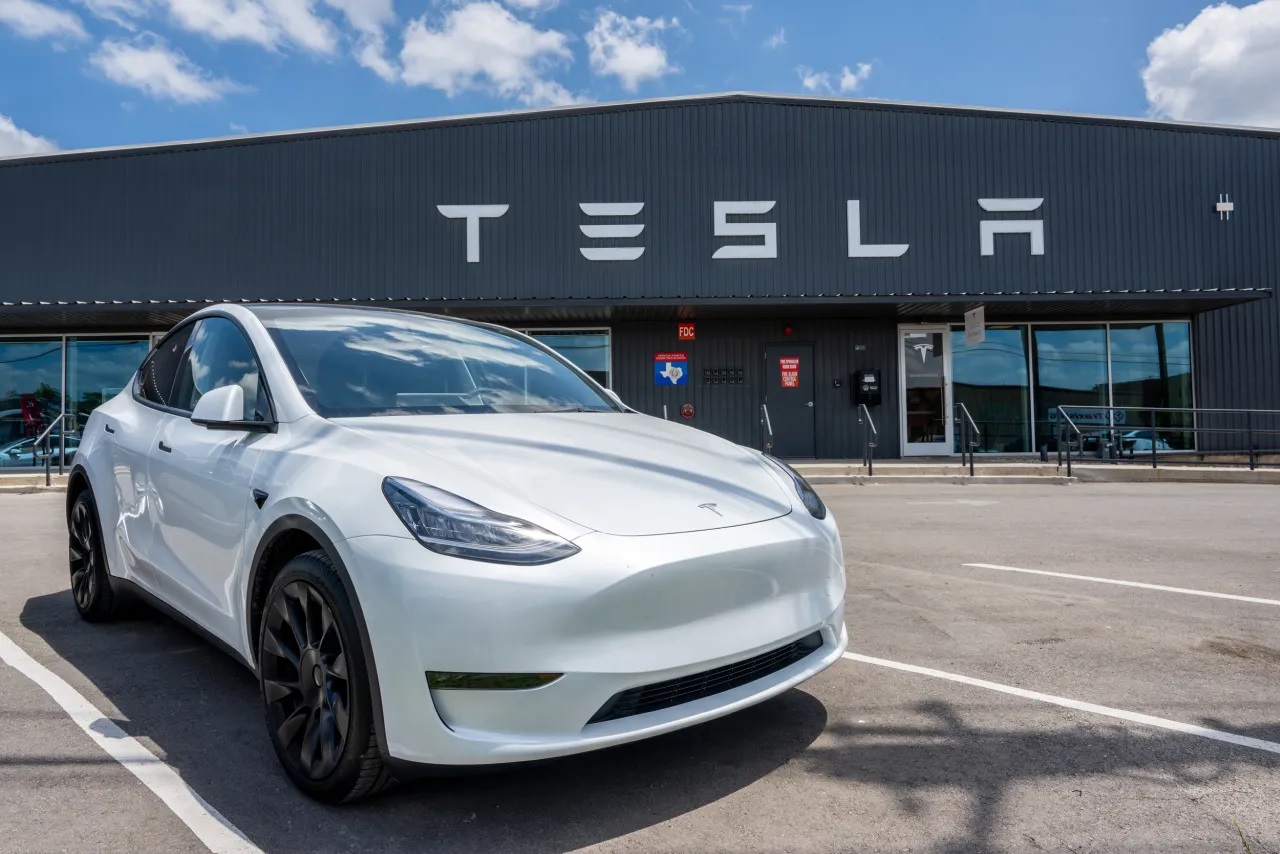The West’s humiliating electric car climbdown has begun
France’s President Macron had a plan to make millions of electric vehicles a year. Chancellor Scholz planned to put 15 million on Germany’s roads by 2030. President Biden trumped the lot with a $174bn (£138bn) plan to make the US the world leader. Even Boris Johnson – remember him – had a £1bn plan to enhance the U.K. charging network.

Rewind only a couple of years, and almost every president or prime minister was making electric vehicles the cornerstone of an industrial strategy. And yet, recently we have learned that Renault is abandoning plans to separately list its electric vehicle (EV) and software business, while Volvo is winding down its Polestar electric sports car subsidiary.
In reality, amid an onslaught of Chinese competition, and falling sales, the West’s electric vehicle dream is quickly unravelling – and we need to relearn all the lessons in why grand, state-led industrial strategies never work.
It was not so long ago that countries were competing furiously to launch battery-powered visions of the future. With Tesla riding the wave of green demand to become the world’s largest car manufacturer, measured by market value if not volume, and with ambitious net zero targets to meet, they all wanted to make sure they could compete in electric vehicles.
We would reduce carbon emissions, create many jobs, and shore up our industrial base. Sure, governments would have to commit a few billions – or tens of billions – to make it occur. But it would pay for itself many times over.
And yet, right now, plans for an EV-led industrial revolution are in full-scale retreat.
Renault, despite the programme of state support, has scrapped the separate listing of its EV unit Ampere, which has been scheduled for the first half of the year. It was a “pragmatic decision” according to the company’s chief executive Luca de Meo, arguing that falling sales for EVs across Europe meant the market was more challenging than forecast.
Likewise, Volvo announced that it would stop funding its EV unit, Polestar, and might even offload its 48pc stake on other shareholders, including China’s Geely. Last September, Volkswagen said it was cutting production of two of its flagship EV models, while in November, Ford said it was scaling back its battery plant in Michigan.
It looks like all those “well-paid green jobs” are going to take a little longer to arrive than anyone anticipated. As for the payback on huge sums various governments have “invested” in the industry, it looks like the returns on that money will take a while to come through as well.
The trouble with the industry right now is that demand is falling because the vehicles cost far more than anyone expected, and what market there is will be captured by Chinese manufacturers such as BYD that can make vehicles far more cheaply than anyone in the West can. The result? A lot of government money are wasted.
As said before, there is a lesson in the humiliating climbdown: state-led industrial strategies never work. Indeed, the failure of the drive into EV is a textbook example of everything that goes wrong.
First, it backs the wrong industries. No one really has any idea what products people might want in five- or ten-years time, which is why it is best to leave it to private companies and their investors to make their own bets, reap the rewards when they get it right, and bear the losses when they don’t.

Politicians and bureaucrats are no better at making those decisions, as usually a lot worse. Just ask consumers. Hertz in the US is disposing of the 20,000 EVs it bought with great fanfare in recent years, and is replacing them with petrol models, due to lack of demand. Over the past year, figures from the Society for Motor Manufacturers and Traders revealed a steep fall in EV interest from private buyers.
Next, the state over-invests. Even if there is a small market for EVs, there certainly wasn’t space for huge new industries in France, Germany, the US, or in a dozen smaller countries. The car industry was awash with over-capacity already, and that was before the Government started throwing billions at electric vehicle plants. All that occurs is that prices collapse, and no one makes any money.
Finally, it distorts the market with subsidies. Governments start out spending a few billion on new EV factories, then they have to start subsidising the EVs so that people actually buy them, then they have to impose tariffs and quotas to stop imports from countries where other government have invested too much.
Finally, they have to pay out even more to keep alive the factories making a product that no one wants. It’s a vicious cycle, and once it starts it is very hard to stop.
In reality, the volte-face on the electrification of the auto industry is underway. Major manufacturers have started to pull back, but all the grand projects for battery factories, for shiny new EV plants, and for charging infrastructure, will inevitably be scrapped very soon.
Billions of taxpayer’s money are wasted. We should draw the lesson from that, as bitter as it might prove.
Tesla to recall again 2 million vehicles in US
Tesla is recalling 2.2 million vehicles, which is nearly all of its electric vehicles in the United States.
Regulators at the National Highway Traffic Safety Administration made the announcement on February 2. The recall is due to incorrect font size on warning lights, as regulators say this increases the risk of a crash.
The latest recall includes numerous models like the Model Y and 2024 Cybertruck vehicles, among others. Regulators said warning lights with a smaller font size can make critical safety information on the instrument panel difficult to read.
The regulator said Tesla has begun releasing an over-the-air software update free of charge to fix the issue. The recall report says the fix increases the letter size of the brake, park and antilock brake system visual warning indicators.
The update comes just two months after Tesla previously recalled just over 2 million vehicles in the United States, that time in order to install new safeguards in its Autopilot advanced driver-assistance system.
yogaesoteric
February 15, 2024
